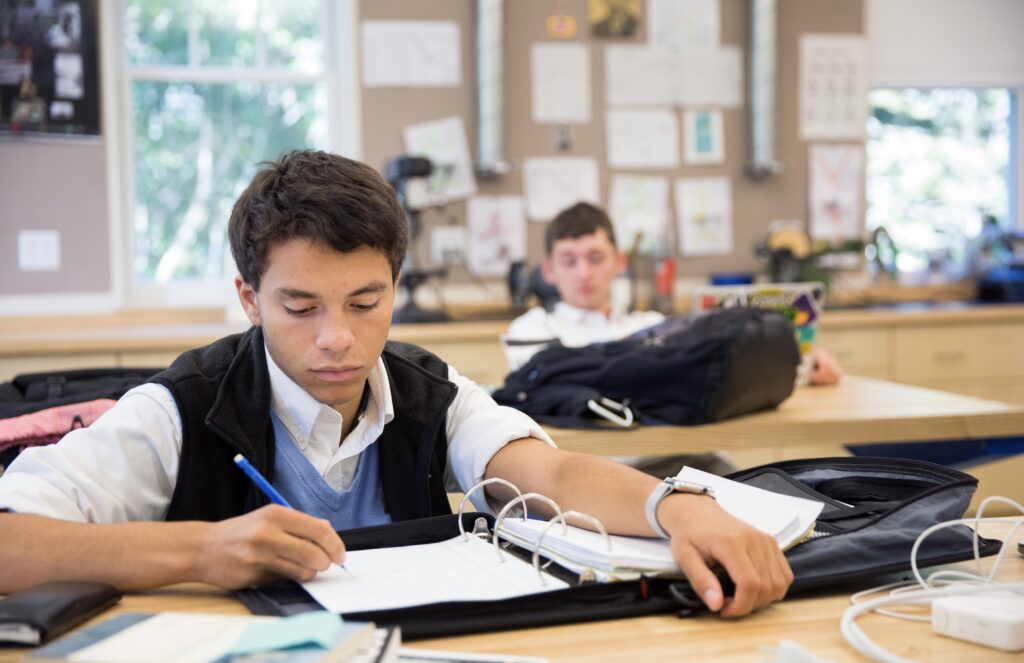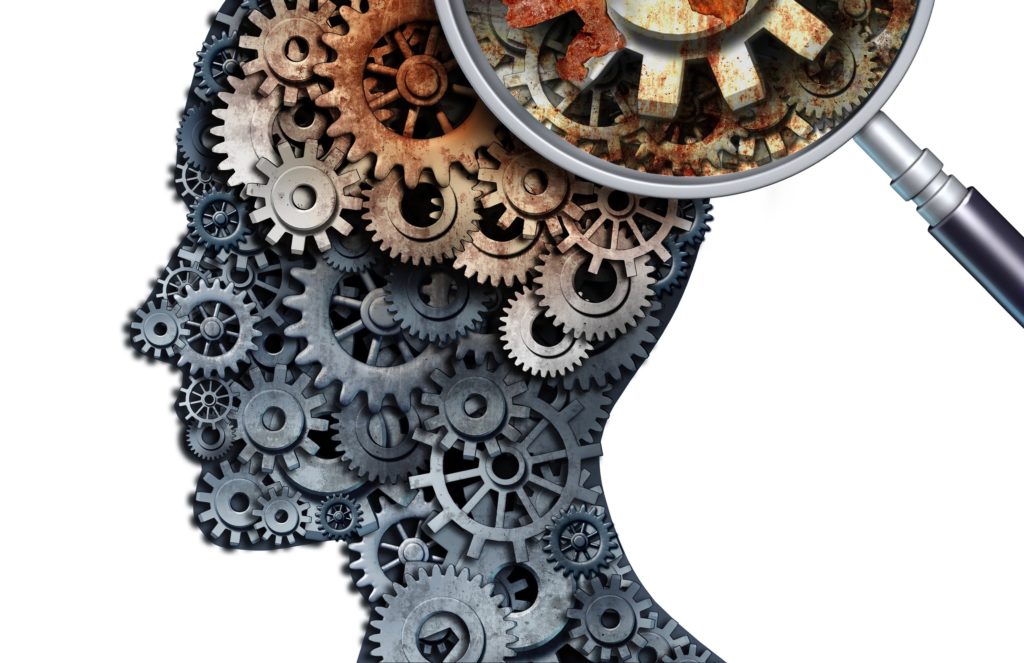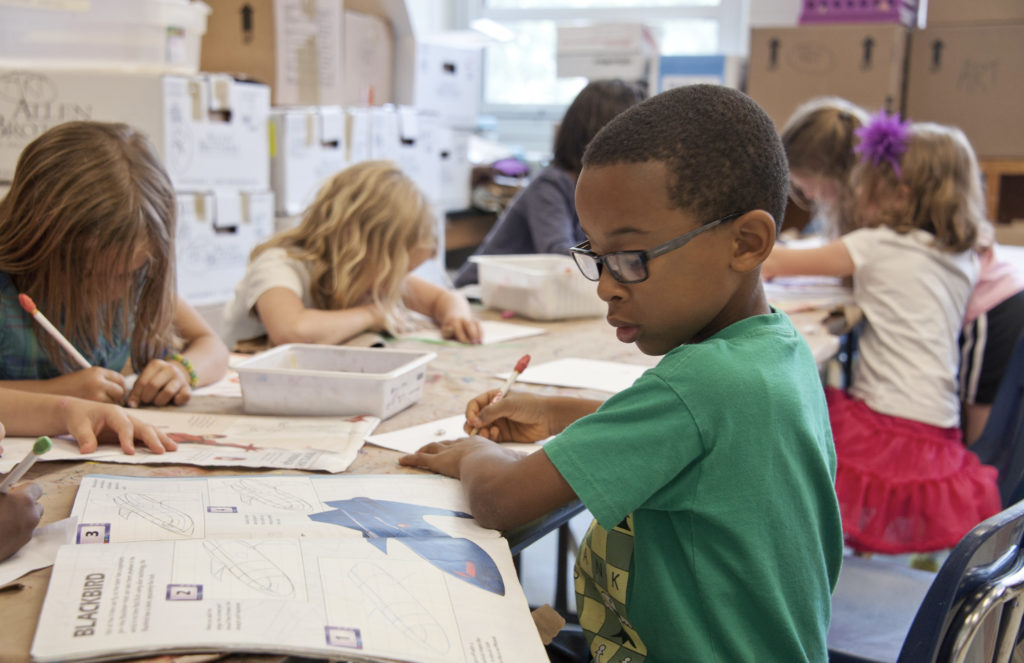Building Positive Relationships
Building positive, productive, and trusting relationships with students is a cornerstone of effective teaching. Just as our personalities and lived experiences shape and inform our teaching persona, students also bring their histories to the classroom. Part of student history incorporates the intersection of their personality, experiences, and learning differences. Although there are ways to categorize the learning differences of our students (dyslexia, ADHD, executive function deficits, etc.), ultimately, our students are individuals who will react in unique ways to the world around them. This will cast their ability to engage in classwork and homework and their availability to form healthy, trusting relationships with peers and teachers.
In order to better understand the students we work with, we wanted to capture their understanding of who they are as learners and what they think about school when it’s hard and when it’s easy. We interviewed two senior students at Landmark to gain insight into how they view themselves as students.
Question: Describe your difficulty with executive function.
Student A: I feel like I can’t pay attention to something because I can’t process it in my head. I think, “I don’t want to do this, so I’m not going to do it… and then I space out.”
Student B: It makes things I don’t want to do harder. Even if I want to work on something, I still get distracted.
Question: What does school feel like when it feels hard?
Student A: Like I’ve shut down completely. I shop online and have like 100 tabs open that I switch through a lot. I’m a deflector, I deflect everything thrown at me… specifically science. It’s not that I don’t want to do it, but I find it difficult and so I leave it until the last moment.
Student B: I usually talk more because I can derail having to do my work by asking a question or talking to friends. Sometimes, I just completely zone out in the corner and stare at the ceiling. In one classroom there are some parts of the wall paint on the ceiling, so I stare at that and get really annoyed.
Question: What do you struggle with the most when it comes to school?
Student A: Paying attention because my attention span is low. In some classes, I pay attention because I enjoy the material. But in classes where I don’t understand, I will zone out and stare out the window. I also have a hard time turning things in. I do the work, I put it in my Google Drive, but then I will forget to submit it on Canvas. At that moment I’m like “This is done, move on to the next assignment” and forget about it. I tend to forget about a lot of things.
Student B: Working. It’s the worst. Even stuff I find interesting, the moment I have to produce something I’m like never mind. Sometimes it feels overrated. Everyone is like “good grades will get you into the college of your dreams” because the dream is to go to college to get a good job. Even if you get good grades you may not get in, so what are you really working for? I also sometimes forget to turn things in. It’s not like I forget about the assignment, I just think “I’m done writing, therefore I am done.”
Question: What are your strengths?
Student A: I’m good at taking notes. I think that helps me a lot with my work because it is my way of processing all of the information that is thrown at me. My notes really help me complete all of my work, and I always add my own touch to them. Then, if I have to write something, I just go back and can piece everything together.
Student B: Getting distracted. Sometimes I get off track and come up with great ideas.
Question: What is one thing you are most worried about going forward?
Student A: That I’m not prepared for college. College is a big deal. At Landmark, you are in a sheltered environment. Yes, you are somewhat prepared but it’s not like it will automatically make you successful. I feel like I am going from a small place to a big place and worried I am not ready.
Student B: There’s the hope that even if the work is harder at least I’ll be interested because in college you aren’t just working to go to school again. High school is four years of school to get you ready for four more years of school. I feel like I will be more motivated in college to get a degree in something I’m interested in and then go do something with it. But I also feel like I could get more distracted than I already do.
Question: What is the best thing that teachers do to help you?
Student A: Making a plan and checking in with me.
Student B: Making a plan when I am lost. Sometimes It’s really helpful when I’m completely off the rails and not working. It can be a good way to get me back on track.
Question: What is the worst thing that teachers do to help you?
Student A: When I’m trying to do my work and the teacher keeps adding more to what I’m doing while I’m doing it. The teacher keeps talking so I can’t work, and then get distracted. I like to work on one thing at a time.
Student B: When teachers are hovering when I’m actually working. There’s a difference between trying to keep me on task and forcing me to do every single small thing. I like when teachers ask “How are you going to do that?” or “What do you want to do?” rather than, “You HAVE to do this”.
Question: When do you feel the most successful and organized?
Student A: When I am really understanding everything and on top of my tasks.
Student B: When I do better than I expect, but sometimes it’s hard because I’m a perfectionist so I always expect perfection. Also, one of the reasons I hate writing is because it is impossible to get a 100. What’s the point of having a rubric if you can meet all of the criteria but lose points for other things? That’s why I like math: yes or no, right or wrong.
Question: How would you describe your difficulty with executive function to someone who doesn’t know what it is?
Student A: It’s harder for me to express and process certain things. Sometimes when people ask me about my disability, I don’t know how to answer that question because to me everything feels normal. In my head it’s normal, but to other people, it doesn’t seem normal.
Student B. It’s like when you’re cooking but you don’t have the right ingredients. Like if you are trying to make a nice delicate pastry but you have to use whole wheat flour or oats. You’re set up for failure. Maybe it’s not that extreme. You could just make a pizza instead. Or, it’s like trying to follow along with Bob Ross using kindergarten acrylic paint.



